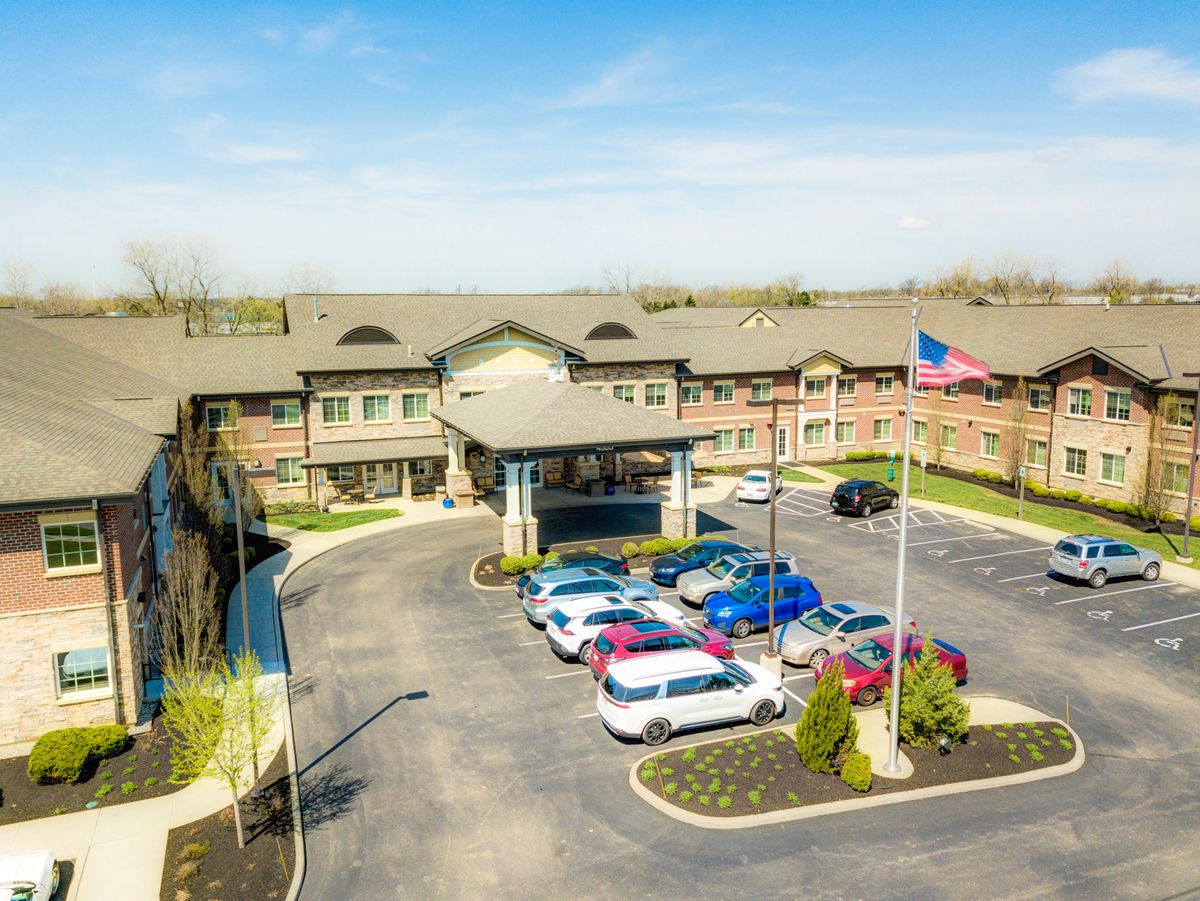Creating a Safe and Helpful Atmosphere: In-Home Memory Care Fundamentals
Establishing a caring and protected atmosphere for people requiring in-home memory care is extremely important to their well-being and lifestyle. From guaranteeing safety and security within the living area to utilizing reliable communication methods and carrying out memory-friendly design aspects, there are crucial elements that add to an all natural treatment technique. By focusing on creating a helpful ecosystem that accommodates the one-of-a-kind demands of those with memory disabilities, caretakers can considerably enhance the daily experiences of their liked ones.

Safe Living Atmosphere
Creating a hazard-free and safe living environment is vital when offering in-home memory care for people with cognitive impairments. Guaranteeing the security of the individual with memory loss is critical to avoid crashes and promote a sense of health.
In addition, utilizing modern technology such as motion sensing units and alarms can notify caregivers if the private wanders or is in distress. By prioritizing safety and security procedures and getting rid of possible risks, caregivers can give a secure and supportive setting for people with cognitive impairments receiving in-home memory treatment.
Efficient Communication Techniques
Implementing customized communication approaches is necessary in promoting significant communications with individuals with cognitive impairments in the context of in-home memory treatment. Reliable communication plays a critical role in producing a helpful atmosphere that enhances the well-being and top quality of life for people with memory problems. When communicating with someone experiencing cognitive decrease, it is necessary to use easy and clear language, keep a calm and favorable tone, and supply visual signs to assist comprehension.
One secret method is to practice energetic listening, showing compassion, perseverance, and respect throughout conversations. Non-verbal cues such as face expressions and body language can likewise help share understanding and support. Additionally, using memory therapy by making use of or reviewing past experiences music and art can take advantage of lasting memories, promoting and sparking links interaction.
Moreover, integrating regular regimens and constant interaction patterns can offer a feeling of knowledge and safety and security for people with memory problems. By executing these interaction strategies, caretakers can establish meaningful connections and promote a sense of comfort and count on the at home memory care setup.
Memory-Friendly Style
Given the importance of producing a supportive atmosphere for people with memory issues through effective communication techniques, the unification of memory-friendly layout aspects in the home comes to be critical in enhancing their daily experiences and total well-being. Memory-friendly design concentrates on improving security, convenience, and independence for people with cognitive disabilities. Basic alterations can make a substantial difference, such as making use of contrasting colors to enhance visibility and reduce confusion, including clear signage to help navigating, and reducing clutter to stop sensory overload.
Incorporating familiar components from the person's past, such as preferred products or individual photos, can evoke favorable memories and produce a feeling of knowledge. In addition, making sure sufficient illumination levels, installing grab bars in restrooms, and carrying out non-slip floor covering can help stop falls and injuries. Developing a relaxing and soothing environment with using familiar fragrances, soft structures, and relaxed sounds can likewise advertise leisure and reduce frustration. By integrating these memory-friendly design elements, caregivers can give a secure and helpful living space that allows people with memory concerns to maintain their independence and quality of life.
Daily Regimen Preparation
When creating a day-to-day routine for individuals with memory issues, careful planning is necessary to sustain their cognitive function and total health. Establishing an organized schedule can aid decrease anxiety, disorientation, and complication usually experienced by those with memory disabilities. Begin by including acquainted tasks that straighten with the individual's preferences and rate of interests. Consistency in daily routines can offer a complacency and stability, helping in the preservation of cognitive capacities.
It is critical to permit enough time for every activity, lessening the requirement to hurry and staying clear of top article prospective disappointment. Easy jobs like meal times, personal care, medication administration, and workout should be integrated into the regimen. Additionally, integrating normal periods of remainder and leisure can stop exhaustion and anxiety. Adaptability is vital, as some days might call for changes based upon More Info the person's mood and energy levels. Regularly evaluating and adjusting the everyday timetable will aid guarantee its efficiency in advertising a soothing and positive atmosphere for people with memory obstacles.
Assistance System Execution
Developing a robust network of helpful individuals plays a pivotal role in improving the quality of treatment and well-being for individuals requiring memory assistance. Relative, close friends, medical care specialists, and neighborhood sources can all add to developing a strong support group. Communication amongst these people is necessary to ensure that the needs of the individual with memory difficulties are fulfilled effectively.
Relative are commonly the key caretakers and form the backbone of the support system. They provide day-to-day treatment, emotional assistance, and companionship. When needed to prevent burnout and guarantee the finest possible treatment for their liked one., it is critical for household participants to look for aid and reprieve.
In addition to household assistance, including medical care specialists such as medical professionals, nurses, and specialists can give specific care and support. These specialists can provide useful understandings, clinical recommendations, and support in taking care of the individual's condition.

Verdict
To conclude, producing a secure and supportive atmosphere for individuals with memory treatment demands is important for their wellness. By establishing a secure living environment, utilizing effective communication methods, including memory-friendly layout components, planning everyday routines, and applying a solid support group, caregivers can help enhance the quality of life for those with amnesia. These vital parts interact to develop a nurturing and equipping atmosphere that promotes independence and improves general top quality of life.
Producing a hazard-free and safe living environment is critical when offering in-home memory treatment for individuals with cognitive disabilities. By focusing on security steps and eliminating possible threats, caregivers can offer a safe and secure and supportive setting for people with cognitive problems getting in-home memory treatment.
Establishing a durable network of supportive individuals plays a crucial role in boosting the quality of treatment and wellness for people needing memory support - Charlotte Memory Care. Interaction amongst these people is vital to make certain that the requirements of the specific with memory difficulties are satisfied properly
